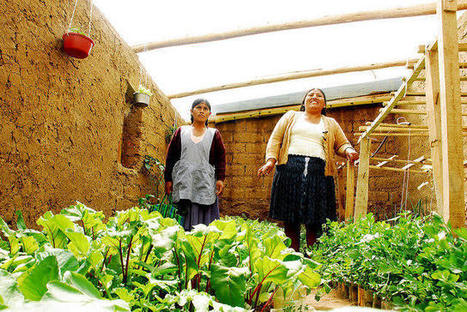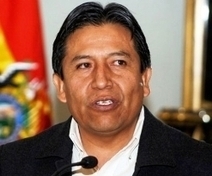The Law of Mother Earth ("Ley de Derechos de La Madre Tierra") holds the land as sacred and holds it as a living system with rights to be protected from exploitation, and creates 11 distinguished rights for the environment. It was passed by Bolivia's Plurinational Legislative Assembly. This 10 article law is derived from the first part of a longer draft bill, drafted and released by the Pact of Unity by November 2010. Can we please spread this law? There has to be a way for the free market to interoperate with reverence for this planet. Period.
Research and publish the best content.
Get Started for FREE
Sign up with Facebook Sign up with X
I don't have a Facebook or a X account
Already have an account: Login
on peer-to-peer dynamics in politics, the economy and organizations
Curated by
jean lievens
 Your new post is loading... Your new post is loading...
|
|















